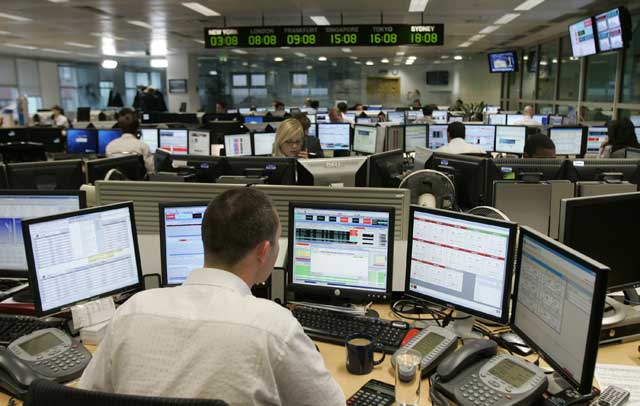This Bleeding City, By Alex Preston

Your support helps us to tell the story
From reproductive rights to climate change to Big Tech, The Independent is on the ground when the story is developing. Whether it's investigating the financials of Elon Musk's pro-Trump PAC or producing our latest documentary, 'The A Word', which shines a light on the American women fighting for reproductive rights, we know how important it is to parse out the facts from the messaging.
At such a critical moment in US history, we need reporters on the ground. Your donation allows us to keep sending journalists to speak to both sides of the story.
The Independent is trusted by Americans across the entire political spectrum. And unlike many other quality news outlets, we choose not to lock Americans out of our reporting and analysis with paywalls. We believe quality journalism should be available to everyone, paid for by those who can afford it.
Your support makes all the difference.In recent months a high, teetering pile of factual books about the financial crisis has accumulated, poised for a resounding crash of its own down upon the heads of unwary readers. Now it is fiction's turn and Preston's debut novel could inaugurate a whole genre dedicated to fiscal calamity. He has sound credentials for the job because he worked as a City trader and gazed straight into the bottomless chasm that threatened capitalism.
His protagonist is Charlie Wales, fresh from Edinburgh University where he fell in with a posh set of friends and started to hunger after a life of easy affluence. His intimates are Henry, upper-middle class, dependably worthwhile and well-intentioned, and Vero (short for Veronique), achingly ravishing and French, and the obsession of the two men.
After lengthy rounds of applications and rejections Charlie is taken on at Silverbirch, an aggressively lucrative hedge fund. Barely has the hangover from his celebrations dissipated than the grind of working in finance descends and, almost immediately, his pursuit of riches is imbued with regretful self-awareness of the painful paradoxes involved. Working into evenings and weekends means sacrificing the footloose fun he should be enjoying in his twenties. His desire for sybaritic retirement in early middle age means adopting a dulling mid-life pragmatism from the off, his vitality drained by the stress of managing frightening amounts of capital and putting them into play each day. Together with all his university friends he begins to hate the City. Nonetheless, he makes progress despite panic attacks and depression - and persistent anxieties about the warning signals emerging from the markets.
It is a tribute to Preston that he manages to pull off the considerable feat of arousing sympathy for Charlie, despite his nakedly materialistic credo. In part, this relates to Charlie's role as an Everyman, standing in as he does for so many of his generation. His predicament points up a claustrophobic void in an employment market where the rewards of the liberal professions have become derisory compared to City bonuses, and where the pressures to go for serious money remain difficult to resist for talented graduates lacking private means - crash or no crash.
Preston's style often impresses. Striking metaphors and acute observations are strewn through his pages. Some of his best prose describes natural phenomena. Of a sunrise in the South of France he writes: "The dawn sky was a conch, pink fading out to white in the heavens. Swallows flung themselves down low over the pool to catch insects, the water dyeing their tawny breasts turquoise." Here's a complementary sunset on the English coast: "Waves sped towards shore, long barred shadows moving in the last horizontal beam of sunlight..."
Elsewhere, unfortunately, the writing is more uneven with abrupt changes in rhythm, insertions of slipshod summaries to fast-forward events and lengthy sections of dialogue that can read like authorial comment. For all that, this is a novel of admirable ambition. Preston tries to capture a global crisis through its effects on the lives of a few people, while at the same time pursuing the ramifications and rearrangements of the emotional triangle he sets up between Charlie, Henry and Vero. Whether this layering of epic and Bildungsroman succeeds is doubtful - certainly, without a single, clear intention to shape it, the novel becomes baggy. Yet the erratic fortunes of the triangle, with its joyful peaks and wretched troughs, faithfully echoes the random, ongoing fluctuations of the markets and their stupendous expenditure of human energy, all of it for purposes which remain mysterious to us.
Join our commenting forum
Join thought-provoking conversations, follow other Independent readers and see their replies
Comments